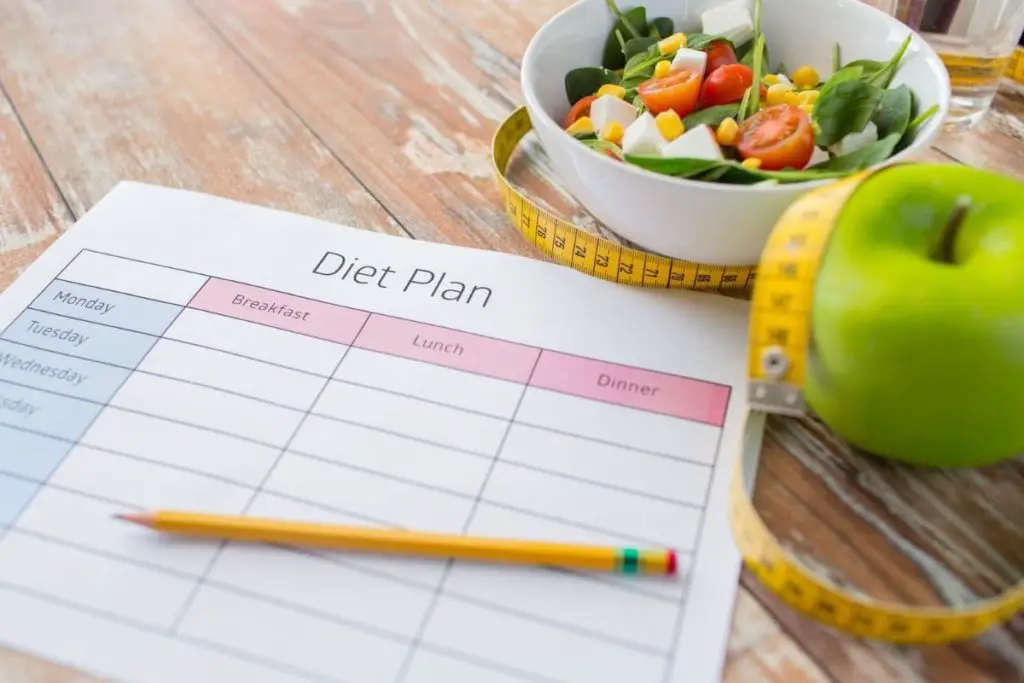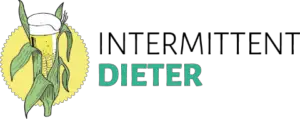Intermittent fasting can do wonders for our health and overall wellbeing, but there’s no question that it takes a great deal of determination and discipline. And one of the most difficult things to do (especially when you’re a beginner) is sticking to your diet plan. But does it really have any impact if you break your fast early?
If you break your intermittent fast too early, you might have a hard time sticking to your diet plan. You may also miss out on the sharp focus and high energy level that you can gain during a fast, because breaking a fast can diminish your focus and energy level as your body gets used to food again.
Further in this article, we are going to discuss in greater detail the effects of breaking a fast too soon, as well as how you can break your fast correctly.

Effects of Breaking a Fast Too Soon
While breaking your fast too early may not cause any serious health concerns, it can definitely affect how the next days of your intermittent fasting schedule will look like, as well as how focused and productive you will be.
It’s important to approach intermittent fasting not as a means to starve yourself to achieve your dream weight, but as a way of life that can improve your overall health and wellbeing. This way, the motivation comes from something far more important (as it should).
But there has to be a balance here too: As you go about your diet plan, listen to your body. You are going to go through a major lifestyle shift that will affect you physically, mentally, and even emotionally.
So if you know that your body can’t take any more on a particularly stressful or physically demanding day, then don’t feel bad about taking a break. That’s way better (and healthier) than pushing yourself farther than it can take.
Regardless of the reason for breaking the fast too early, though, here are the effects that you can expect:
Feeling Lethargic and Losing Focus
When you undergo intermittent fasting, you will notice an increase in your energy levels and focus, helping you do more, perform better, and think more clearly. It is true that in the beginning you will struggle with feeling weak, sluggish, and irritable. That’s all normal as your body consumes fewer calories and loses more electrolytes than usual.
But when your body gets used to it, you will notice that your mind gets clearer, and you are better capable of concentrating, which leads to better productivity.
When you break a fast, however, unlike what people usually expect, our body has to work hard to re-acquaint itself with food. As a result, you may feel lethargic and distracted, instead of bursting with energy and capable of laser-sharp focus.
When you break your fast earlier than you should, you essentially miss out on that.
Diminished Discipline and Motivation
Breaking your fast too early can also make it harder for you to stick to the routine later on. Intermittent fasting involves discipline and lots of determination–especially at the start. When you’re a beginner, one of the most important things that you need to learn is disciplining yourself to stick to the plan despite everything in your mind and body telling you not to.

Hunger is a very primal and strong urge–it’s a need that isn’t just felt in the stomach. It gets to your head, and it messes with your emotions (hence the all-too-familiar “hanger”).
Because of this, the more you break the rules (so to speak), the harder it will be for you to complete the fast. The thing about fasting, too, is that the more often you do it, the easier it gets.
Finding It Difficult To Start Again
Lastly, giving up on the fast can make the thought of starting again seem less appealing to you. This is because you are actually giving up right before the point where the hunger pangs become manageable, and the cravings are no longer as intense.
The feelings associated with hunger actually do not last very long. In 20 minutes, they’re virtually gone, together with the restlessness and hollow feeling that you get in your stomach from not eating any food.
So if you give up instead of waiting for the hunger pangs to pass, that’s all that you might associate the fast with: intense feelings of hunger. And you may end up too intimidated to try again.
How To Properly Break a Fast
When it’s time to break the fast, you also have to approach it carefully. Regardless of the type of fast you’re on, your body has now become accustomed to a limited calorie intake. Reintroducing food, then, will cause another major shift.
Eat Right During Your Eating Window
To break your intermittent fast properly, start preparing for the break during the fast. This means eating the appropriate amount and right kind of foods during your fasting windows. Do not binge eat during these times in an attempt to make your body get used to food much faster. But do not restrict your food intake too much either.
Follow the recommended calorie intake, and eat nutritious food, such as fruits, and vegetables. Stay away from processed and junk food. Remember that your fasting windows are still part of the fast, and are meant as part of a holistic approach to gaining a healthy relationship with food.
Complete Your Diet Schedule
Second, complete your diet schedule. Don’t break your fast too soon or too late. This will help you maintain a rhythm or cycle that’s easy to keep replicating as you aim to make intermittent fasting a part of your lifestyle.
The only time that you can break your fast early is when you know that your body can’t handle the fast any longer. If you’re feeling sick or are experiencing physical pain, you should consult with your doctor and consider breaking the fast earlier than usual.

Go Slow After the Fast
When you break your fast, go slow. Start by consuming liquids like soups and fruit or vegetable juices, then move on to soft foods like oatmeal and fresh fruits. Stay away from heavy meals and carbohydrate-loaded foods and sugary treats.
If you were on an extended fast, reintroducing food can be as delicate as restricting your food intake. So take it slow, and start with small portions.
Key Takeaways
Fasting is an effective way to improve our health, but how we do it determines how much progress we make. Remember to approach it as part of a healthy lifestyle, instead of a restrictive routine to suffer through. You’ll be amazed at just how much your body can handle, and what a change fasting can do–for the better.

